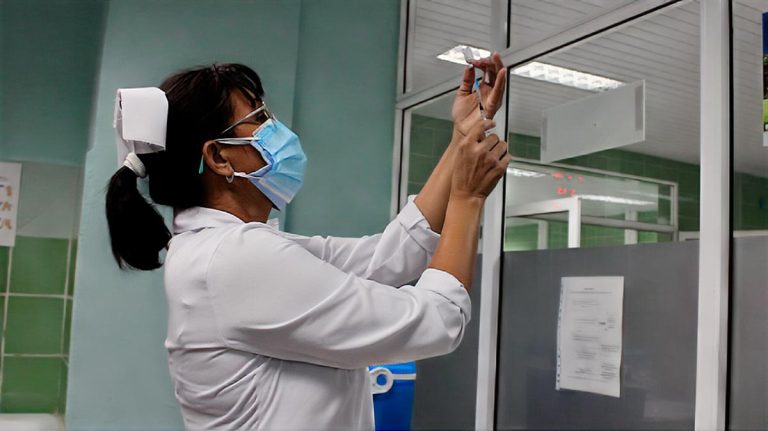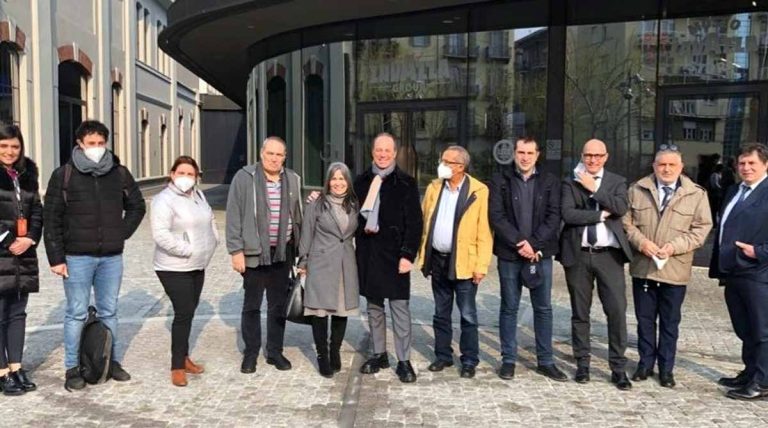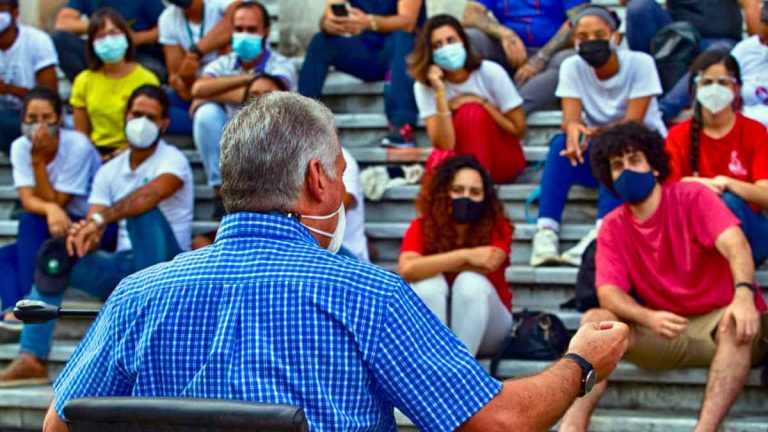Cuba Develops Rapid Test for Dengue Fever Detection
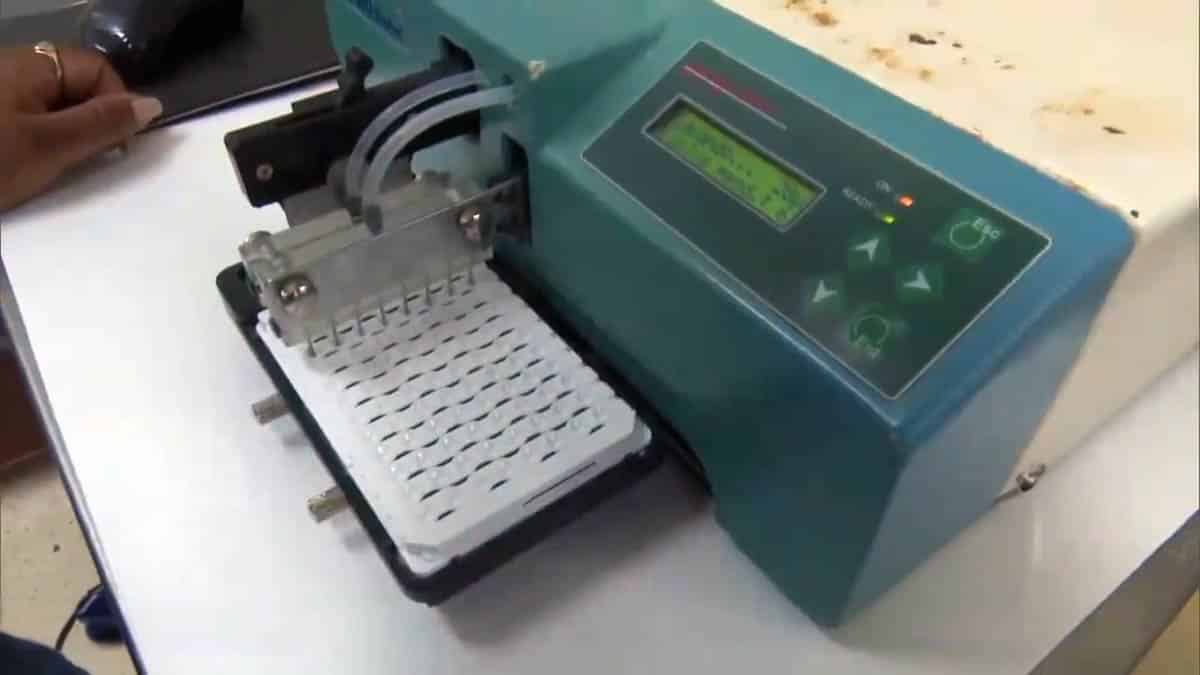
In an exciting development within Cuban medical science, a collaborative effort between the Center for Immunoassay (CIE) and the Ministry of Public Health has led to the creation of an innovative rapid dengue detection test.
This initiative promises to significantly accelerate the diagnosis of dengue fever.
Reported by Prensa Latina, this project emphasizes the development of a swift diagnostic method to detect dengue.
The test aims to quickly identify the NS1 antigen, crucial in the early stages of the disease, thus allowing for prompt intervention.
The introduction of this test is set to revolutionize the Cuban National Health System’s response to dengue outbreaks.
By enabling immediate action following the detection of dengue in fever patients, this test is designed to significantly improve the management and control of dengue outbreaks.
It is also engineered for simplicity, ensuring ease of use and interpretation across all health system levels.

Technology and Innovation at CIE
The Center for Immunoassay is developing this test leveraging a substantial amount of indigenous technology, demonstrating Cuba’s growing self-reliance in medical technology.
Presently, the Cuban health system utilizes Umelisa IgM Dengue, a test that requires laboratory processing using Ultra Microanalytic System (SUMA) technology and can only be performed from the fifth day of the patient’s symptoms.
This breakthrough is a major stride in combating dengue in Cuba, especially given the recent surge in suspected dengue cases, which has been a growing concern.
Despite official denials of an epidemic, the increase in cases is apparent, raising questions about underreporting and the lack of conclusive testing amidst a medical resource crisis.
Dengue Detection Protocols
According to the 2020 “Guide for Comprehensive Care of Dengue Patients,” suspected dengue patients should undergo a leukocyte count and a monoserum test for IgM-dengue after six days of illness.
Post-recovery, these patients are advised to undergo daily clinical evaluations and a complete blood count up to 48 hours after fever subsides, conditions permitting.
Other Notable Achievements in Cuban Healthcare
This development follows Cuba’s emergency approval of Abdala, Latin America’s first COVID-19 vaccine.
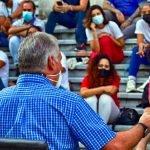
Additionally, the CIE previously developed Sumasof, a diagnostic tool for detecting human hemoglobin in feces, primarily used for colon cancer screening in individuals over 50 in Cuba.


